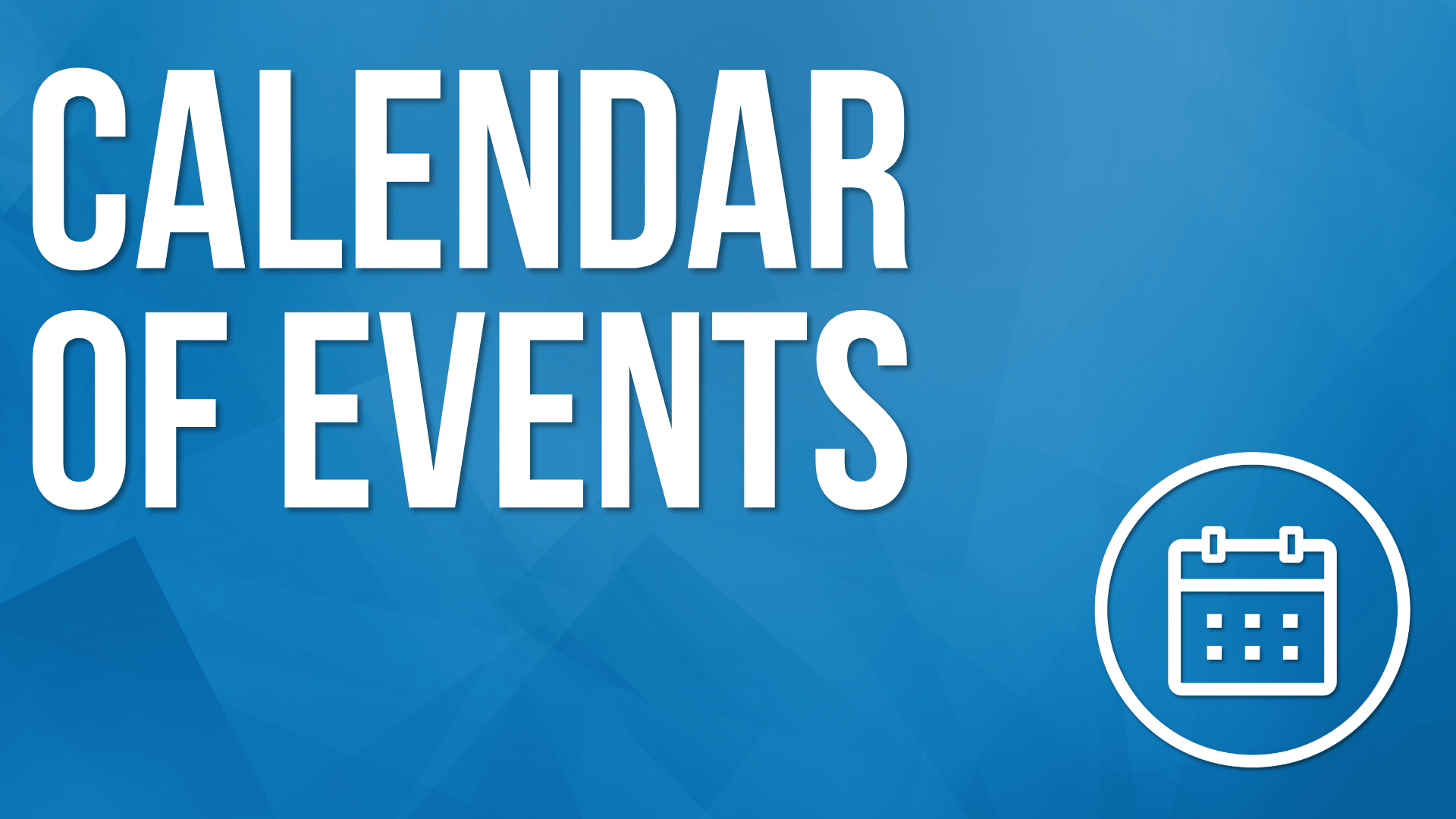The Impact of Georgia’s DD Network
- Podcast URL: https://open.spotify.com/episode/7p6mHXrkrD3Cr6LOmp62GU?si=eb3ae55a16e14b93
The Developmental Disabilities (DD) Network is a group of organizations working together to improve services and supports for people with DD in every state. This network is authorized under the Developmental Disabilities Assistance and Bill of Rights Act of 2000 (DD Act) with oversight from the Administration for Community Living (ACL).
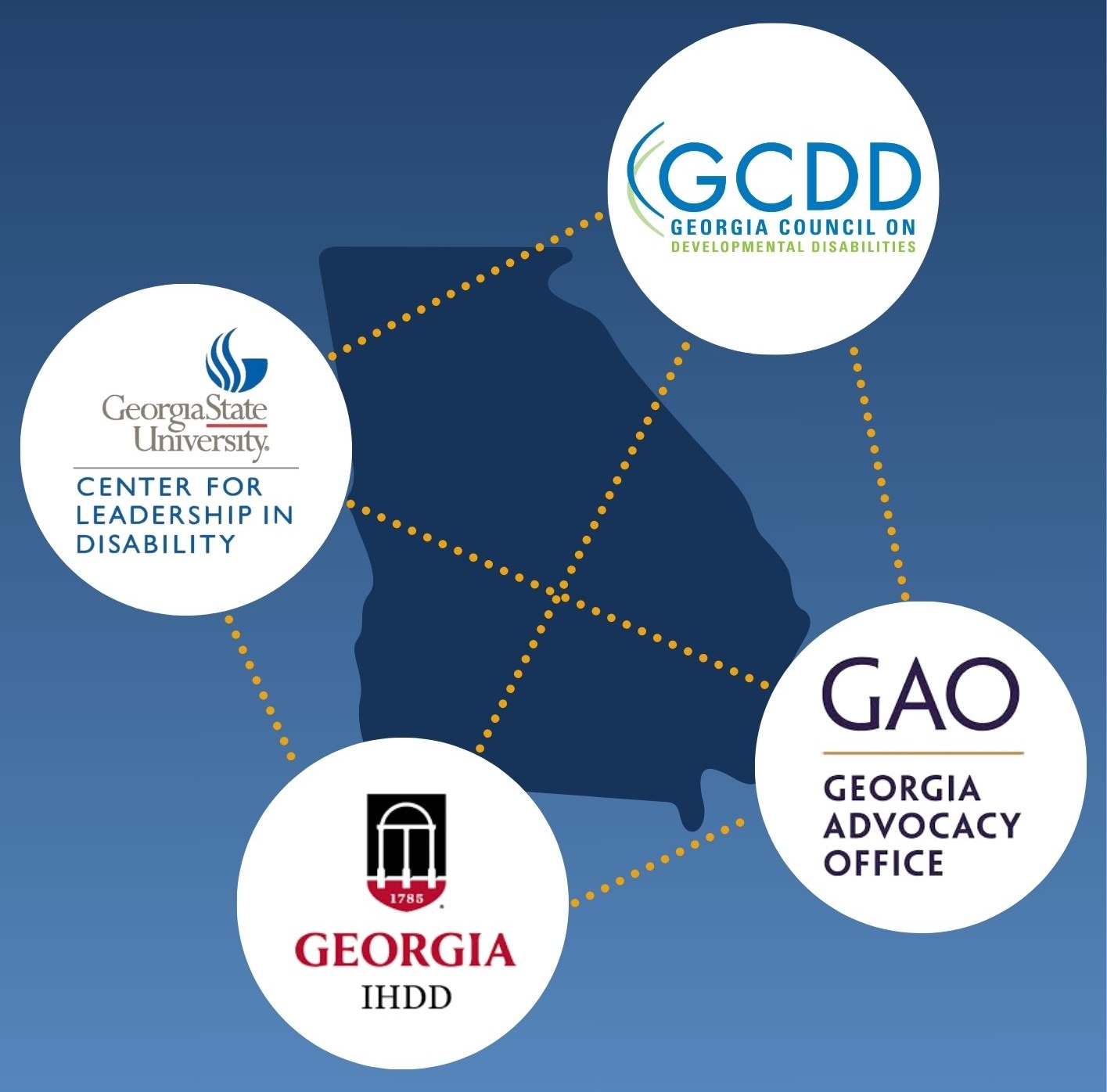 The DD Network is made up of three partners: State Councils on Developmental Disabilities (DD Councils), University Centers for Excellence in Developmental Disabilities (UCEDDs), and Protection & Advocacy Systems (P&As). These partners are charged with finding ways to improve the supports and services for people with DD along with training and support to make sure all voices are heard.
The DD Network is made up of three partners: State Councils on Developmental Disabilities (DD Councils), University Centers for Excellence in Developmental Disabilities (UCEDDs), and Protection & Advocacy Systems (P&As). These partners are charged with finding ways to improve the supports and services for people with DD along with training and support to make sure all voices are heard.
In Georgia, the DD Network is comprised of the Georgia Council on Developmental Disabilities (GCDD) and the following partners:
- Center for Leadership in Disability (UCEDD)
- Georgia Advocacy Office (P&A)
- Institute on Human Development and Disability (UCEDD)
See also What is a DD Network article from this month’s magazine.
Center for Leadership in Disability Breaks Barriers, Builds Leaders Across Georgia's Disability Network
Since 2008, the Center for Leadership in Disability (CLD) at Georgia State University (GSU) has been at the forefront of training and developing leaders, supporting families, and shaping disability policy across Georgia. As one of the state’s federally designated UCEDDs, CLD’s reach extends far beyond its Atlanta campus — impacting thousands of professionals, families, and individuals with disabilities throughout Georgia and across the United States each year.
According to Mark Crenshaw, long-time director of interdisciplinary training at CLD, the center’s approach is about more than education — it’s about systemic change and ensuring people with disabilities are included in every conversation that affects their lives.
“Our work is rooted in training future leaders, but we’re also deeply involved in policy, research, and community engagement,” Crenshaw said. “We want to make sure the systems that support people with disabilities are stronger, more inclusive, and driven by the people they serve.”
One of CLD’s flagship programs is Georgia’s Leadership Education in Neurodevelopmental and Related Disabilities (LEND) program, which since 2011 has trained over 400 professionals across disciplines — from audiologists and social workers to speech-language pathologists and family advocates.
Crenshaw noted that CLD was ahead of the curve by including individuals with disabilities and family members as full participants in the LEND program, even before it became a federal requirement.
“It doesn’t make sense to do interdisciplinary training without the voices of autistic and disabled folks at the table,” Crenshaw said. “We’ve been showing other programs how to do that since day one.”
Beyond training, CLD works to fill critical healthcare gaps for Georgians with disabilities. Through its partnership with the Centers for Disease Control and Prevention, CLD leads a State Disability and Health Program that not only trains healthcare providers on disability inclusion but also directly connects individuals with disabilities to medical services across the state.
In 2023 alone, CLD trained more than 1,600 emerging and current professionals, including 600 teachers trained in Positive Behavioral Interventions and Supports (PBIS). This approach keeps students with challenging behaviors in their classrooms and out of disciplinary systems.
Another standout initiative is CLD’s focus on inclusive higher education through the IDEAL program at GSU, which provides students with intellectual disabilities the opportunity for a college experience alongside their peers. Crenshaw said the program’s impact extends beyond the students themselves.
“When students with intellectual disabilities are on campus, they build relationships with their peers without disabilities, and that changes perspectives for everyone involved,” Crenshaw said. “Professors have even told us they’ve become better teachers because of these students.”
CLD’s work also strengthens Georgia’s broader disability policy network. Crenshaw highlighted how collaboration between the state’s DD Network partners — including CLD, the Georgia Advocacy Office (GAO), and GCDD — led to major policy wins, such as restricting restraint and seclusion practices in schools.
“We’re more than programs and reports,” Crenshaw said. “We’re building leaders, changing systems, and creating a Georgia where everyone has a place at the table.”
By the Numbers: CLD’s Impact in Georgia
- 1,600+ professionals trained (2023): Including future physicians, nurses, educators, and audiologists — preparing them to work inclusively with people with disabilities.
- 600 teachers trained in PBIS (2023): Helping educators support students with challenging behaviors and keep them in classrooms.
- 400+ LEND trainees since 2011: CLD’s LEND program has prepared hundreds of interdisciplinary professionals and advocates.
- 60 audiologists trained (2023): A first-of-its-kind continuing education program focusing on autism, hearing loss, and developmental disabilities.
- 300-400 participants annually at CLD’s Autism Conference: Bringing together families, professionals, and self-advocates to share best practices and build community.
- 70+ students impacted annually through the IDEAL program: Including 26 students with intellectual disabilities and over 40 peer mentors at Georgia State University.
Georgia Advocacy Office: The Lifeline for Disability Rights and Justice in Georgia
The Georgia Advocacy Office (GAO) has been a driving force for disability rights, inclusion and safety in Georgia for decades. As the state’s federally designated protection and advocacy (P&A) system, GAO serves as both a lifeline for individuals and a watchdog pushing for systemic change.
“Our work is about preventing abuse and neglect, ensuring civil rights are upheld, and connecting people to the supports they need to live a full life in the community,” said Dana Lloyd, GAO’s director of community outreach and engagement.
GAO’s authority is unique. Unlike many advocacy groups, GAO has federal access rights to enter institutions, schools, jails, and other facilities to investigate claims of abuse, neglect, and rights violations. This access—born from historical failures where people with disabilities were hidden and harmed in institutions—ensures that no one is left unseen or unheard.
“Sometimes our work is the difference between life and death,” Lloyd said. “We get calls when people are at the end of their rope, when no other systems are answering the phone.”
GAO’s work spans the full spectrum of advocacy. In 2023, GAO handled more than 700 service requests for individual advocacy, provided information and referrals to over 730 people, conducted nearly 200 abuse and neglect investigations, and completed 100 representative payee investigations – a critical safeguard against financial exploitation of Social Security recipients.
Its reach extends to the ballot box, where they supported over 10,000 voters with disabilities across 82 counties during the 2024 presidential election. GAO helped with accessibility, absentee ballot navigation, and legal interventions when voters’ rights were at risk.
But Lloyd emphasized that GAO’s work goes beyond numbers. It’s about ensuring dignity. She shared stories of individuals like a woman whose licensing application was nearly blocked by an instructor because of her disability, and a young referee whose career was saved when the Georgia High School Association refused to make accommodations.
“These are not just policy wins,” Lloyd said. “These are people’s lives, their futures, their right to participate in their communities like anyone else.”
GAO’s impact also includes protecting individuals from losing vital services especially during the chaotic Medicaid unwinding process, where people were wrongly deemed ineligible, risking their jobs, health and independence.
What makes GAO’s role even more vital is its ability to bridge the gap between individual stories and systemic change. By collecting data from individual cases, GAO identifies patterns and pushes for broader reforms, such as their current focus on the broken children’s mental health system in Georgia.
Lloyd also highlighted the challenges of visibility. “People don’t think about disability until it’s in their life, but the truth is disability intersects with every part of our community,” she said. “We are the only civil rights group you can become part of at any moment.”
As Georgia and the nation face threats to disability rights protections, Lloyd warns that dismantling the P&A system would have catastrophic consequences. “Without GAO and the DD Network, these laws are just words on paper,” she said. “We are the engine making those rights real for people every day.”
University of Georgia’s IHDD Champions a Community Where Everyone Belongs
For more than four decades, the Institute on Human Development and Disability (IHDD) at the University of Georgia (UGA) has led efforts to expand opportunity, inclusion, and independence for people with developmental disabilities across the state.
As Georgia’s first UCEDD, IHDD works at the intersection of research, education, and service to advance a simple but powerful mission: a community where everyone belongs.
“Our focus is helping people live meaningful lives in their families and communities, not in segregation or persistent poverty,” said Dr. Zolinda Stoneman, director of IHDD. “We believe everyone deserves relationships, purpose, and prosperity.”
As one of Georgia’s federally designated UCEDDs, IHDD is a leader in research, training, and advocacy that makes a difference in people’s everyday lives.
IHDD has eight distinct areas of where it serves people with developmental disabilities:
- Assistive Technology
- Destination Dawgs Inclusive Post Secondary Education Program
- Employment
- Family Support
- Resources for University Students
- Partner Resources
- Human Rights
- Research and Evaluation
IHDD’s community engagement is guided by key priorities, most notably, addressing poverty through employment and reducing social isolation. “People with disabilities want to work and can work, but too often they’re placed in programs that don’t pay a living wage,” Stoneman said. “Employment is one of the best, most respectful ways to combat poverty.”
IHDD has worked to create job opportunities and career advancement while training future professionals who understand the value of inclusion. In parallel, its work on reducing loneliness goes beyond programs to personalized support: helping people build meaningful relationships, participate in everyday life, and feel truly connected to their communities.
Among its most innovative contributions is its two-decade-long leadership in accessible agriculture. Georgia’s top industry, farming, is both a major employer and a cultural cornerstone. Recognizing this, IHDD partnered with the Farm Again and AgrAbility programs to support farmers with disabilities, especially those aging or recovering from injury.
“Farmers told us they didn’t want to leave the land that had been in their families for generations,” Stoneman said. “We made sure they didn’t have to.”
Since its founding, Farm Again has served 248 farmers and over 2,300 farm families, connecting them with over $1.2 million in assistive technology to help them keep farming. From tractor lifts and automatic gates to ergonomic tools and mobility aids, these supports preserve both livelihoods and legacy.
IHDD’s agricultural work also extends to veterans with disabilities, helping them transition into farming careers as a form of healing and purpose. “For many veterans, agriculture has become a powerful way to continue serving their communities,” Stoneman said.
IHDD has also taken a lead role in tackling the direct support professional (DSP) workforce crisis, helping develop sustainable career pathways and advocating for increased investment in community-based services. The institute supports training, policy development, and statewide collaboration to strengthen Georgia’s HCBS (Home and Community-Based Services) system.
Though Georgia has two UCEDDs, IHDD at UGA and the Center for Leadership in Disability (CLD) at Georgia State University, Stoneman describes the relationship as synergistic.
“We work closely, share values, and collaborate on many statewide issues,” she said. “There’s more than enough work to be done.”
As IHDD looks ahead, its vision remains rooted in dignity and opportunity. “We want people with disabilities to have good jobs, meaningful roles, and strong relationships,” said Stoneman. “That’s what it means to belong.”
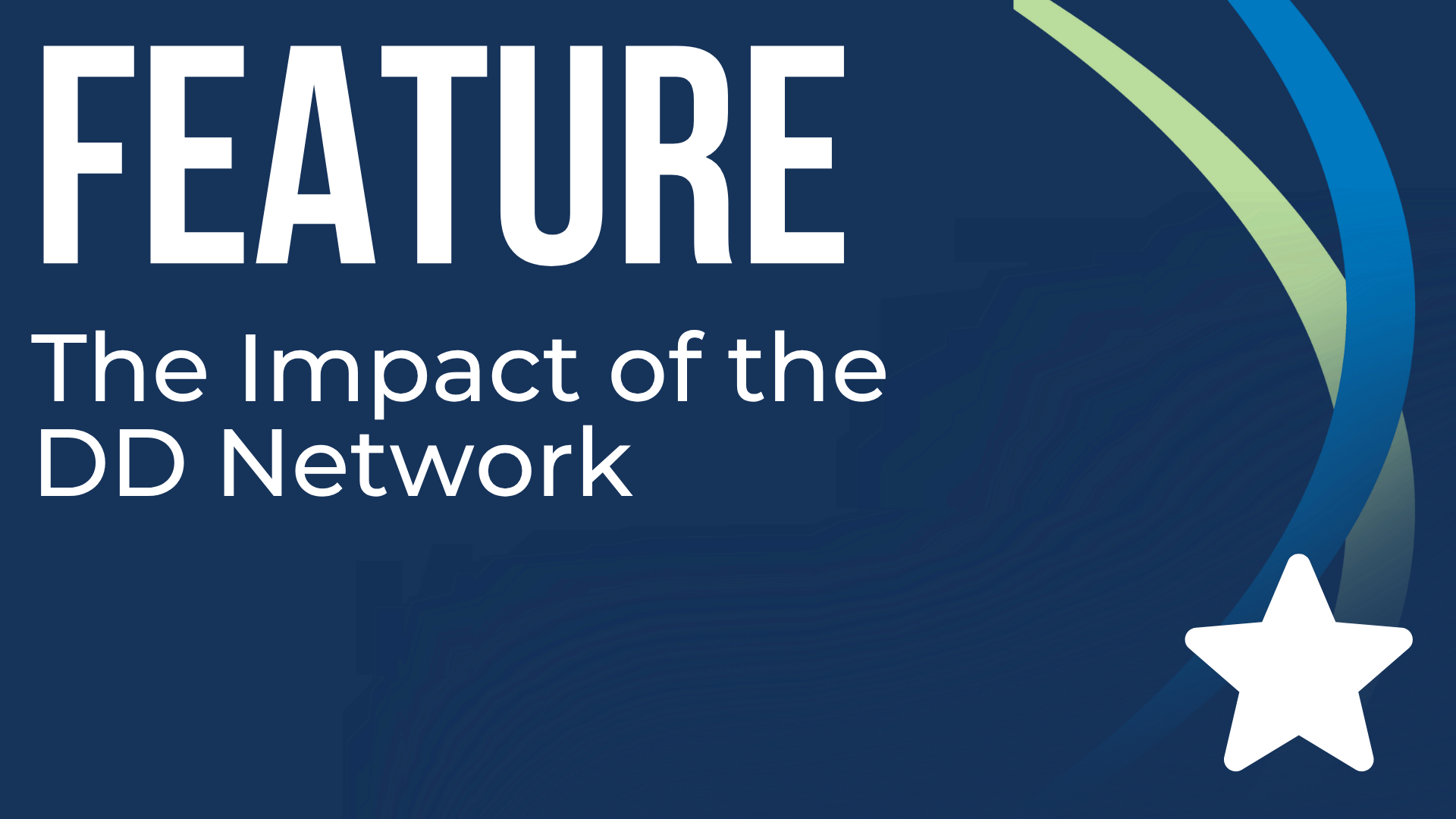
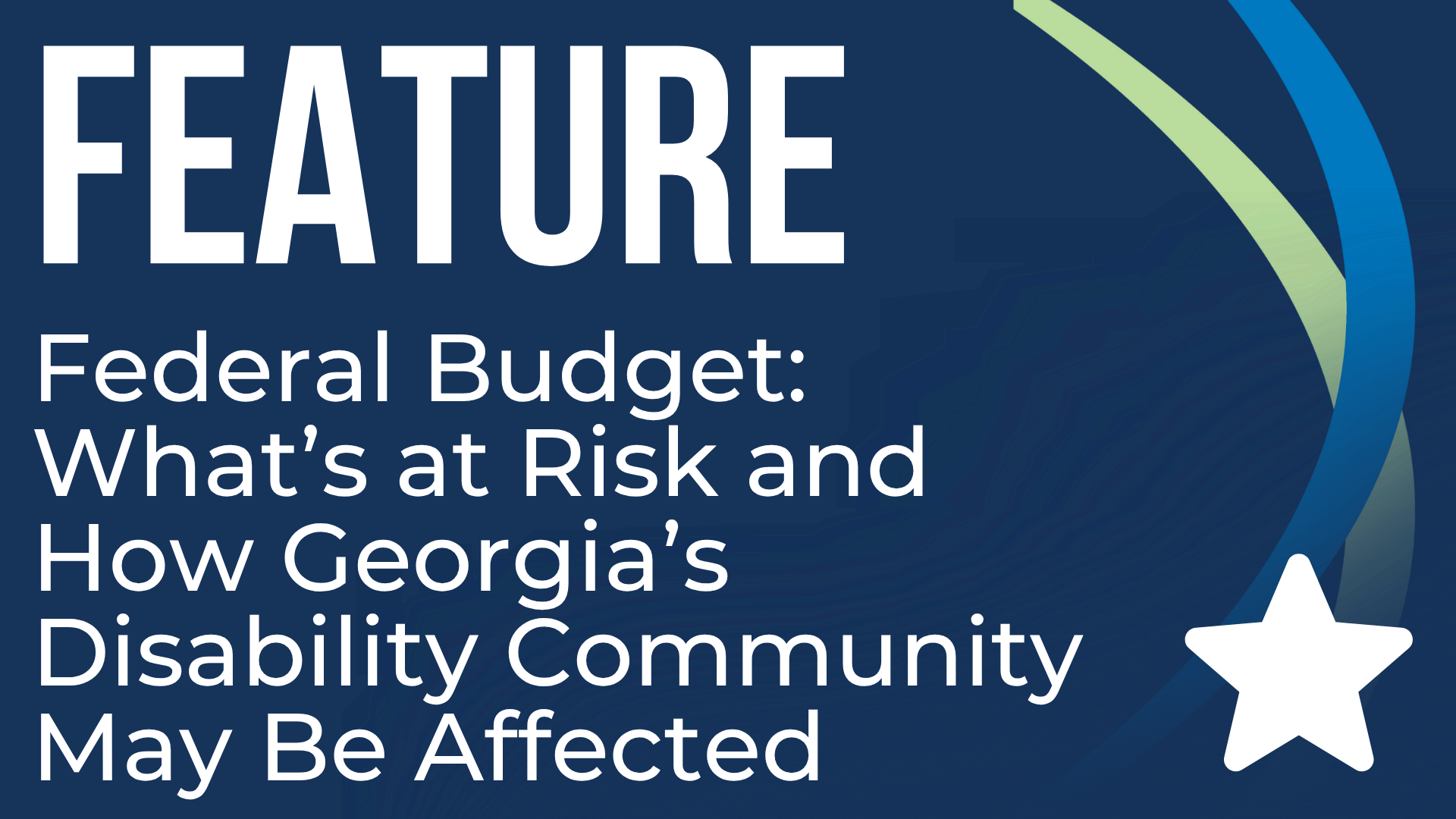
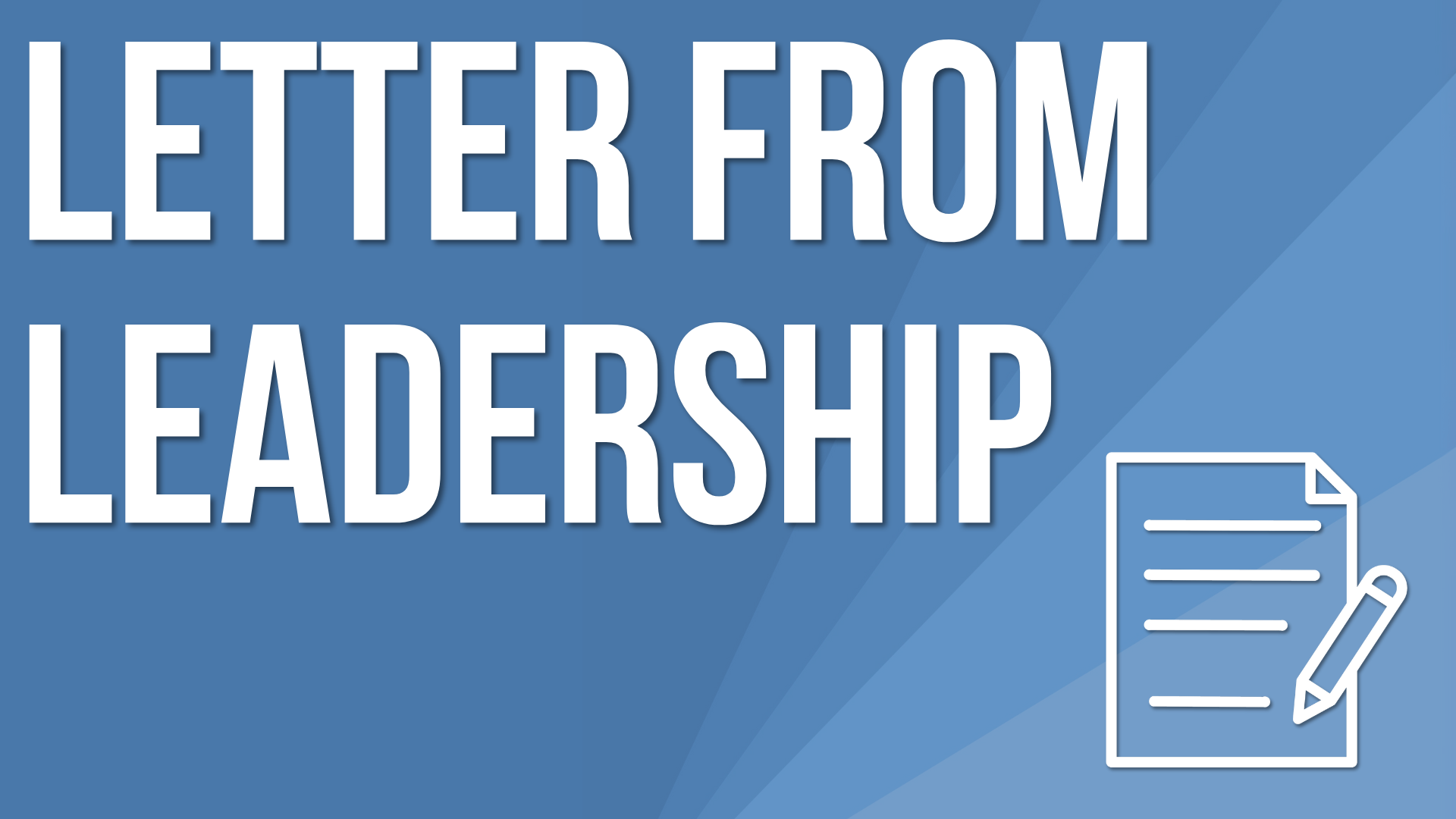
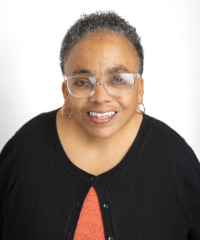 Hi, my name is Dorothy Harris, and I am from Fitzgerald, Georgia. I have served as a Council Member for the Georgia Council on Developmental Disabilities (GCDD) off and on since 2015. I’m rolling off again now, and I’ll be honest, it feels emotional. This council has been a big part of my life.
Hi, my name is Dorothy Harris, and I am from Fitzgerald, Georgia. I have served as a Council Member for the Georgia Council on Developmental Disabilities (GCDD) off and on since 2015. I’m rolling off again now, and I’ll be honest, it feels emotional. This council has been a big part of my life.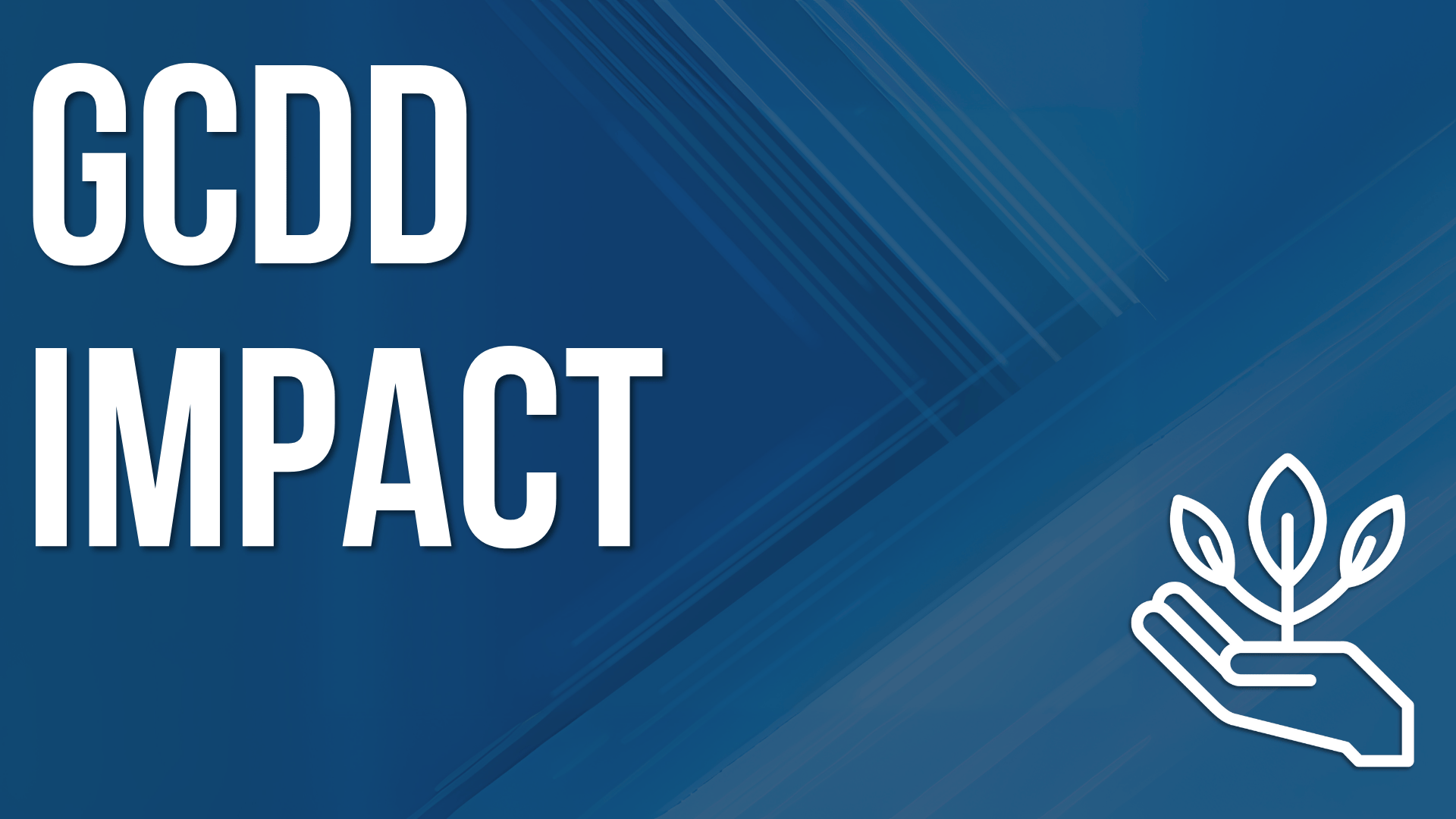
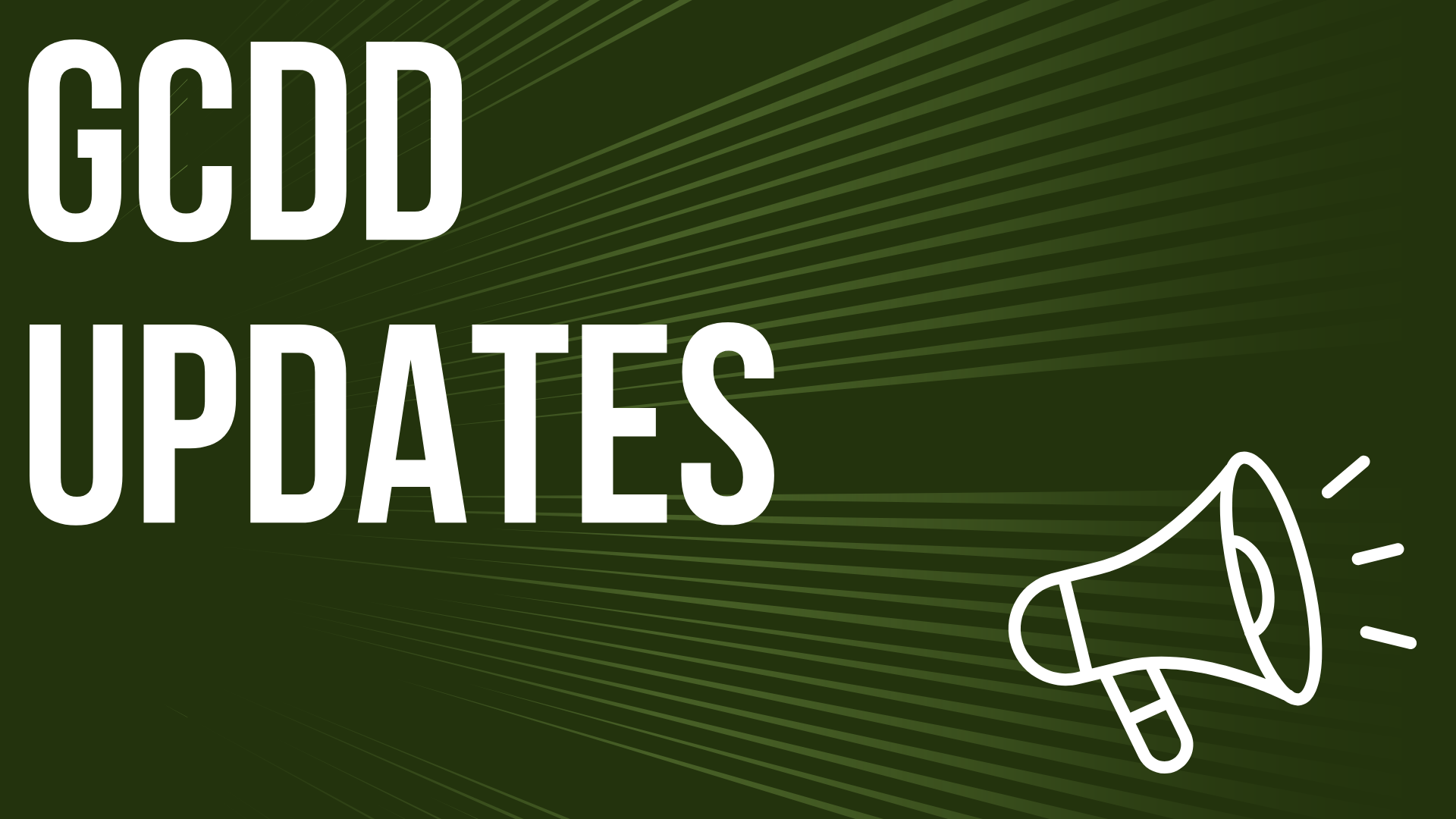
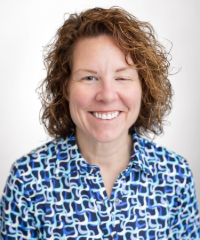 Brook Kubik, a council member for the Georgia Council on Developmental Disabilities, went to the 2025 Disability Seminar in Washington, D.C. She returned to Georgia with more than policy updates – she came back with a new understanding of the strength of relationships, the importance of advocating with heart and facts, and the power of telling stories that help people connect.
Brook Kubik, a council member for the Georgia Council on Developmental Disabilities, went to the 2025 Disability Seminar in Washington, D.C. She returned to Georgia with more than policy updates – she came back with a new understanding of the strength of relationships, the importance of advocating with heart and facts, and the power of telling stories that help people connect.